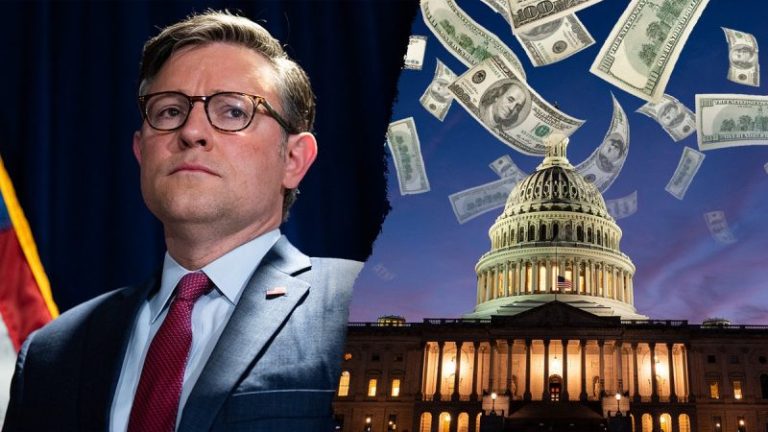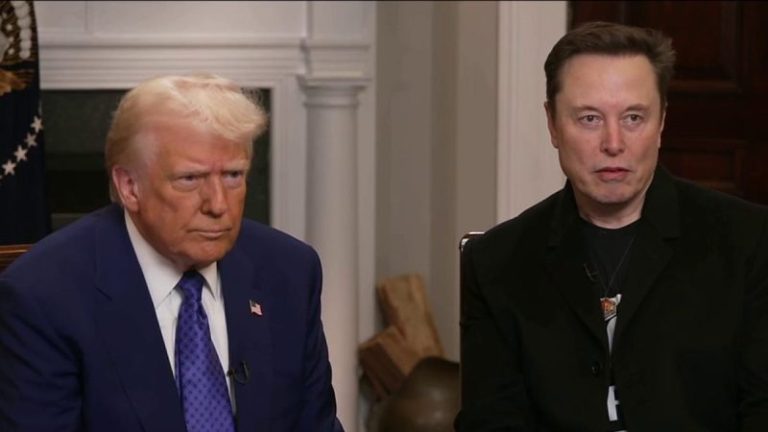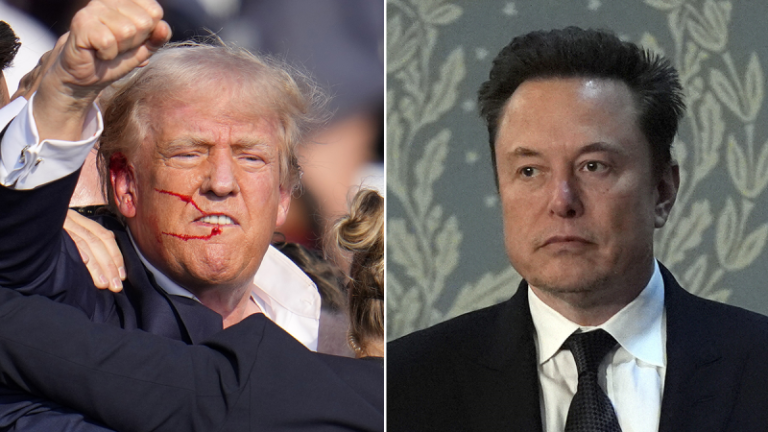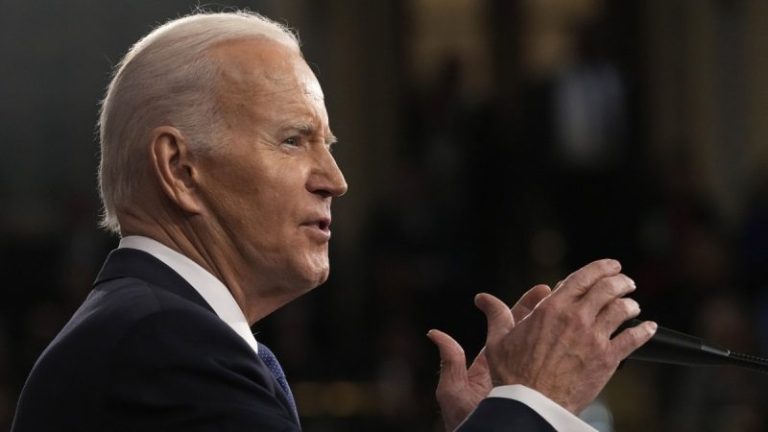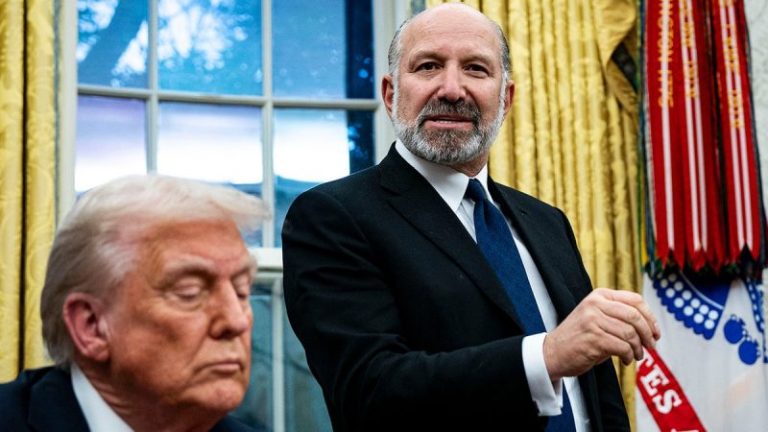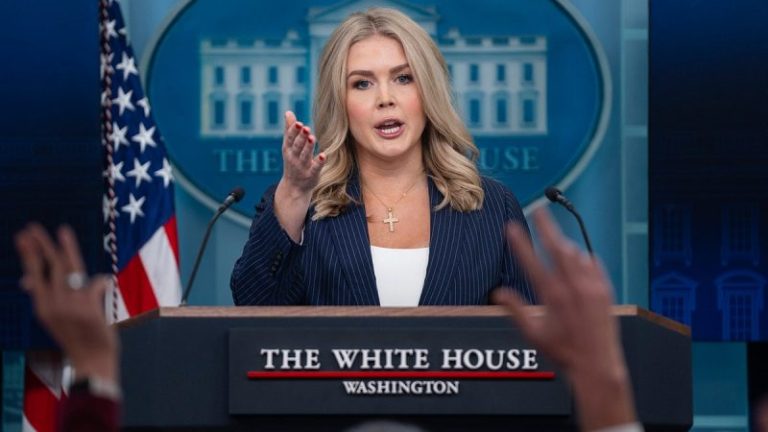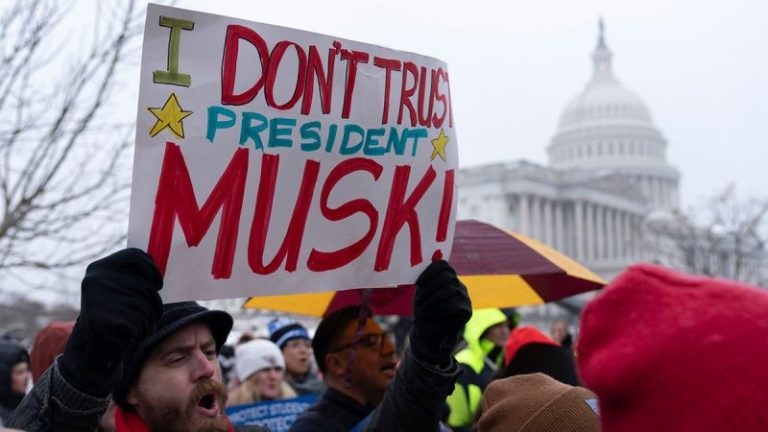
Medicaid is quickly emerging as a political lightning rod as House Republicans negotiate on a massive bill to advance President Donald Trump’s agenda.
Some Republican lawmakers are worried about the level of spending cuts being sought by fiscal hawks to offset the cost of Trump’s policies, arguing the current deal could force potentially unworkable cuts on Medicaid and other federal safety net programs.
‘I’m concerned that $880 billion out of [the House Energy & Commerce Committee] is likely very steep cuts to Medicaid – and it’s the very thing President Trump asked us not to do,’ Rep. Don Bacon, R-Neb., told Fox News Digital on Tuesday.
GOP lawmakers are working to pass a broad swath of Trump policies – from investments in defense and border security to extending his 2017 tax cuts and eliminating taxes on tips – via the budget reconciliation process. The mechanism allows the party in control of both houses of Congress to pass a tax and budget bill without help from the opposing party.
But conservative spending hawks are looking for deep cuts in federal dollars to offset money going toward Trump’s priorities. The current resolution advancing through the House would aim to cut government spending by at least $1.5 trillion, while allocating $4.5 trillion toward Trump’s tax cuts.
An amendment added after conservatives balked at that deal would cut funding going toward Trump’s tax cuts by $500 billion if at least $2 trillion total spending cuts were not reached.
Even before the additional cuts, however, some Republicans like Bacon are concerned that the $880 billion that the Energy & Commerce Committee is tasked with cutting will negatively impact their constituents.
Conservatives have pushed back, arguing that significant cuts could be found in Medicaid work requirements. But skeptics of that argument say that the level of spending cuts being sought go past what work requirements can cover.
‘We want to ensure that it’s not going to hurt… our hospitals, or our organizations that serve the developmentally disabled, and we’re asking for clarity on where the $880 billion in savings come from,’ Rep. Nicole Malliotakis, R-N.Y., the only House Republican representing part of New York City, told Fox News Digital.
She did agree with GOP rebels that there was ‘mismanagement’ and waste to root out in those programs.
Malliotakis and other Republicans on the Ways & Means Committee tasked with writing tax policy are also uneasy about the new amendment that could cut funds allocated to their panel.
‘I don’t think that is doable without affecting beneficiaries, and I’ve expressed that concern to leadership and in talking to some of my colleagues,’ Malliotakis said.
Another House Republican who declined to be named told Fox News Digital that ‘there’s a bunch of us’ who think the proposed cuts ‘are too big.’
‘They’re trying to sell us $1.5 trillion, but in reality, there’s another $500 billion attached to it that they’re trying to cut. And it’s not going to pass,’ the GOP lawmaker said.
Meanwhile, Rep. Rob Bresnahan, R-Pa., who unseated a Democrat in a close race last year, wrote on X over the weekend, ‘I ran for Congress under a promise of always doing what is best for the people of Northeastern Pennsylvania. If a bill is put in front of me that guts the benefits my neighbors rely on, I will not vote for it.’
The budget reconciliation process allows legislation to advance with only GOP votes by lowering the threshold for Senate passage from two-thirds to a simple 51-seat majority. The House already operates on a simple majority.
But currently, Republicans can lose just one vote in the House to pass anything on party lines – meaning they can afford almost no dissent to get their reconciliation bill over the line.
Rep. Ralph Norman, R-S.C., a conservative on the House Budget Committee who would not have supported the resolution last week without the last-minute amendment, told reporters last week, ‘Medicaid’s got to be in it. You don’t get to the [$1.5 trillion figure], much less two, without it.’
‘And it’s not cuts to Medicaid. Work requirements have an $800 billion savings on it… able-bodied 40-year-old men who can work don’t need to be on Medicaid,’ Norman said.
Democrats are waiting to pounce on the discord.
The House Majority PAC, which is aligned with House Democratic leadership, released a memo on Tuesday accusing Republicans of seeking to make ‘deep cuts’ to Medicaid ‘to fund $4.5 trillion in tax cuts to Elon Musk and other billionaires.’
‘In battleground congressional districts across the country, House Republicans are putting Medicaid on the chopping block – a move that would rip life-saving health care away from tens of thousands of their own constituents – roughly half of whom are children,’ the memo said.
But according to Ways & Means Republicans, the average American household could see taxes raised by over 20% if the Trump tax cuts expired.

